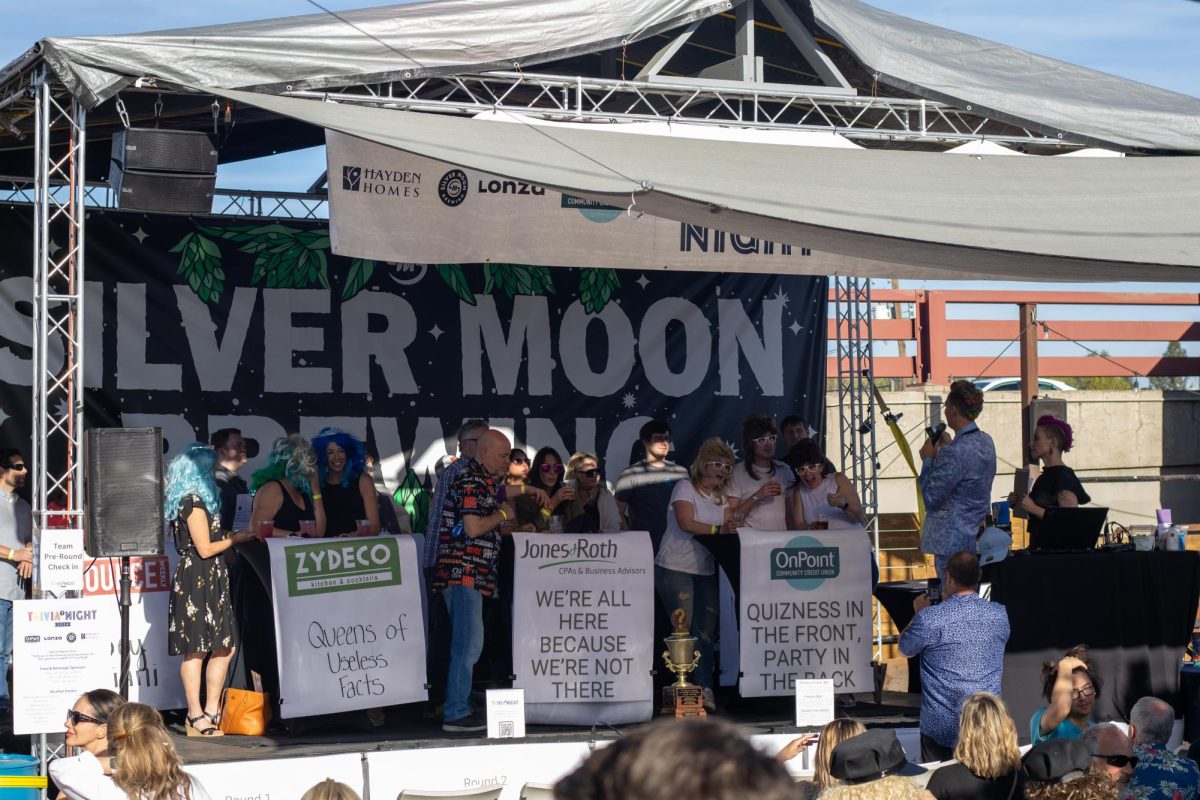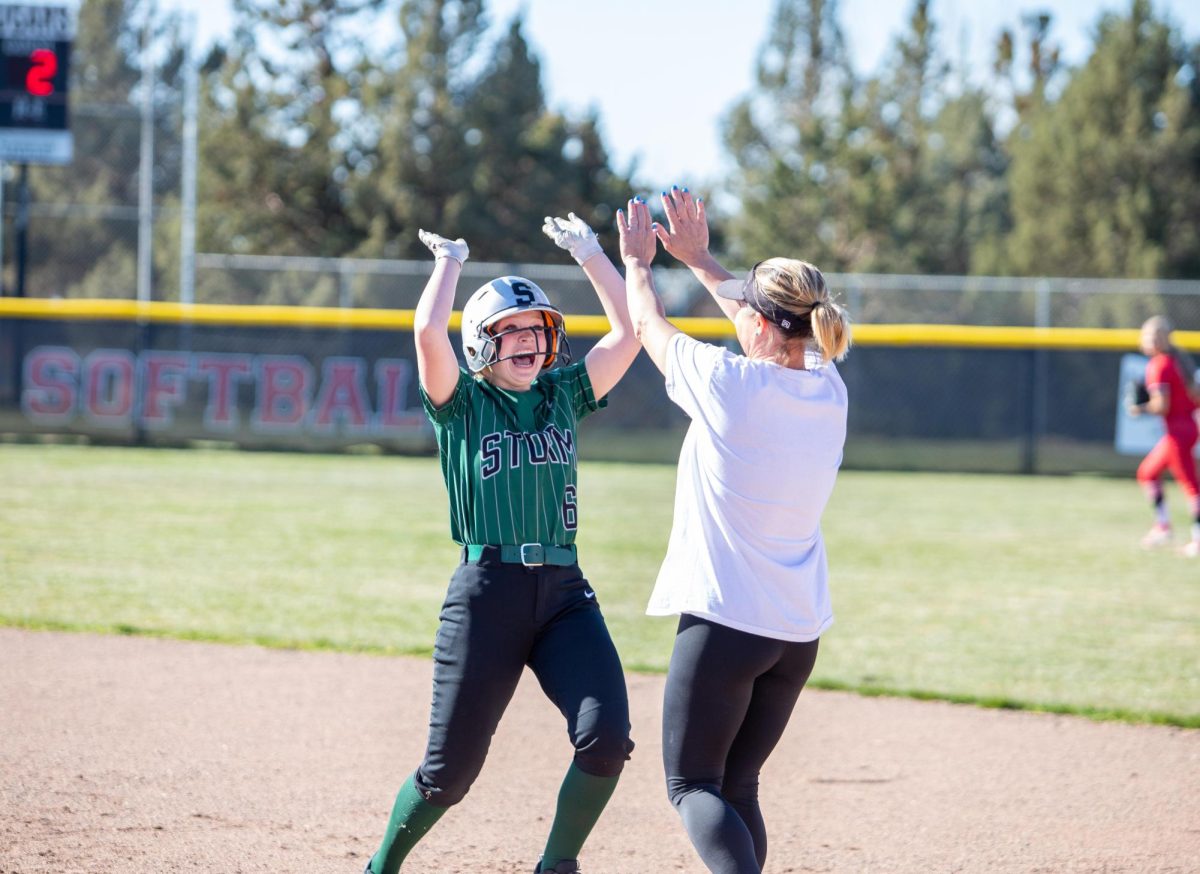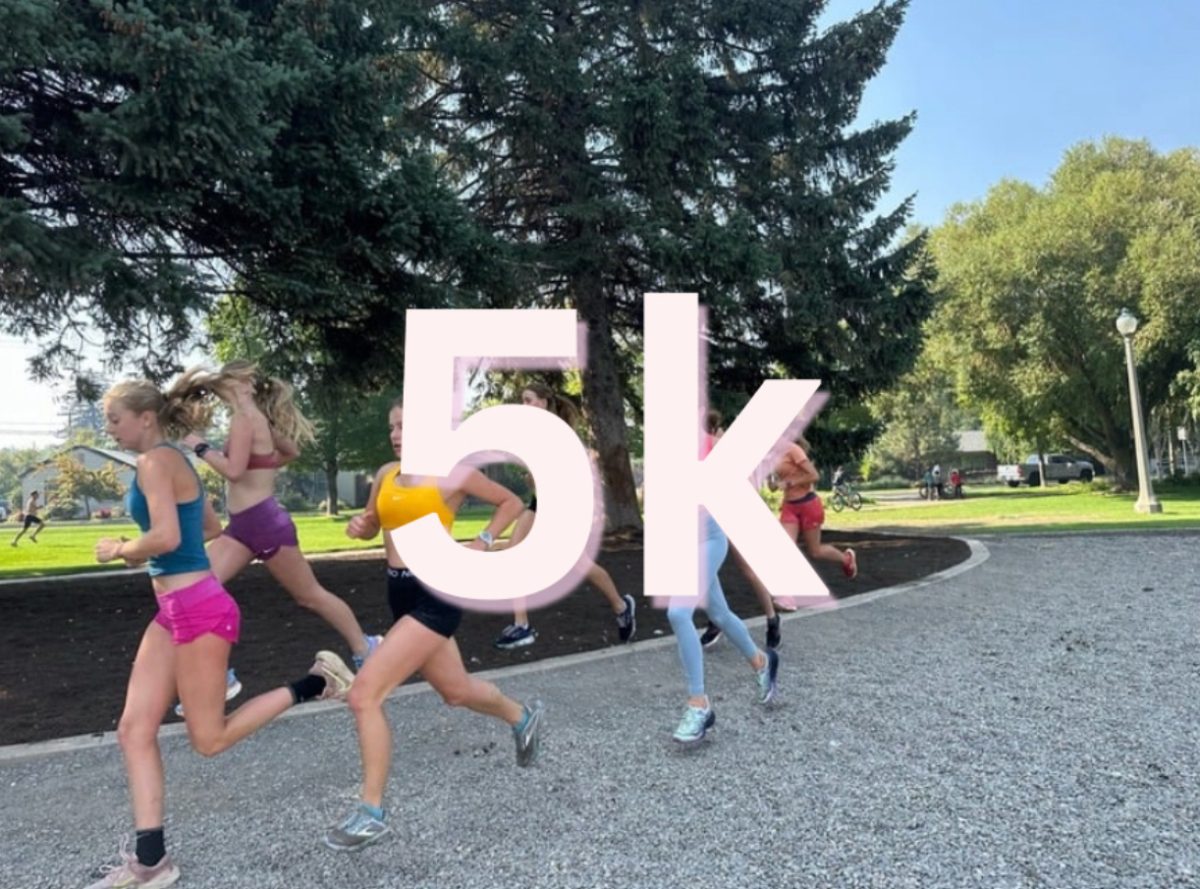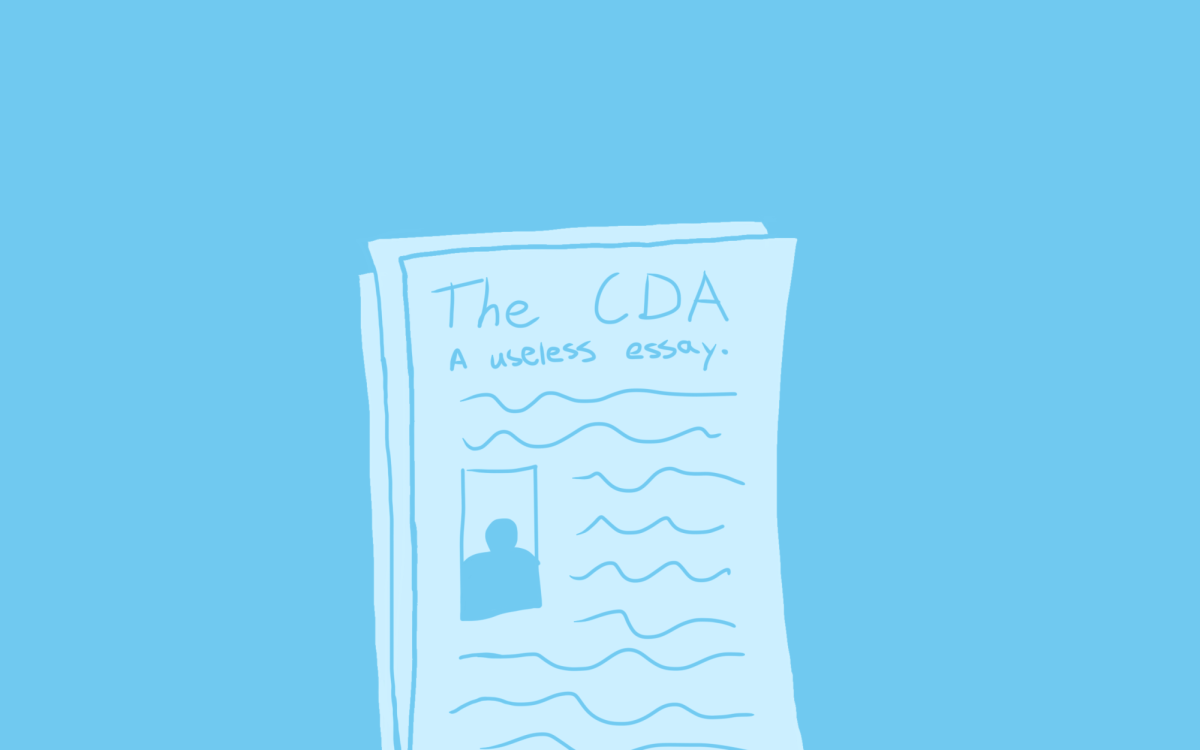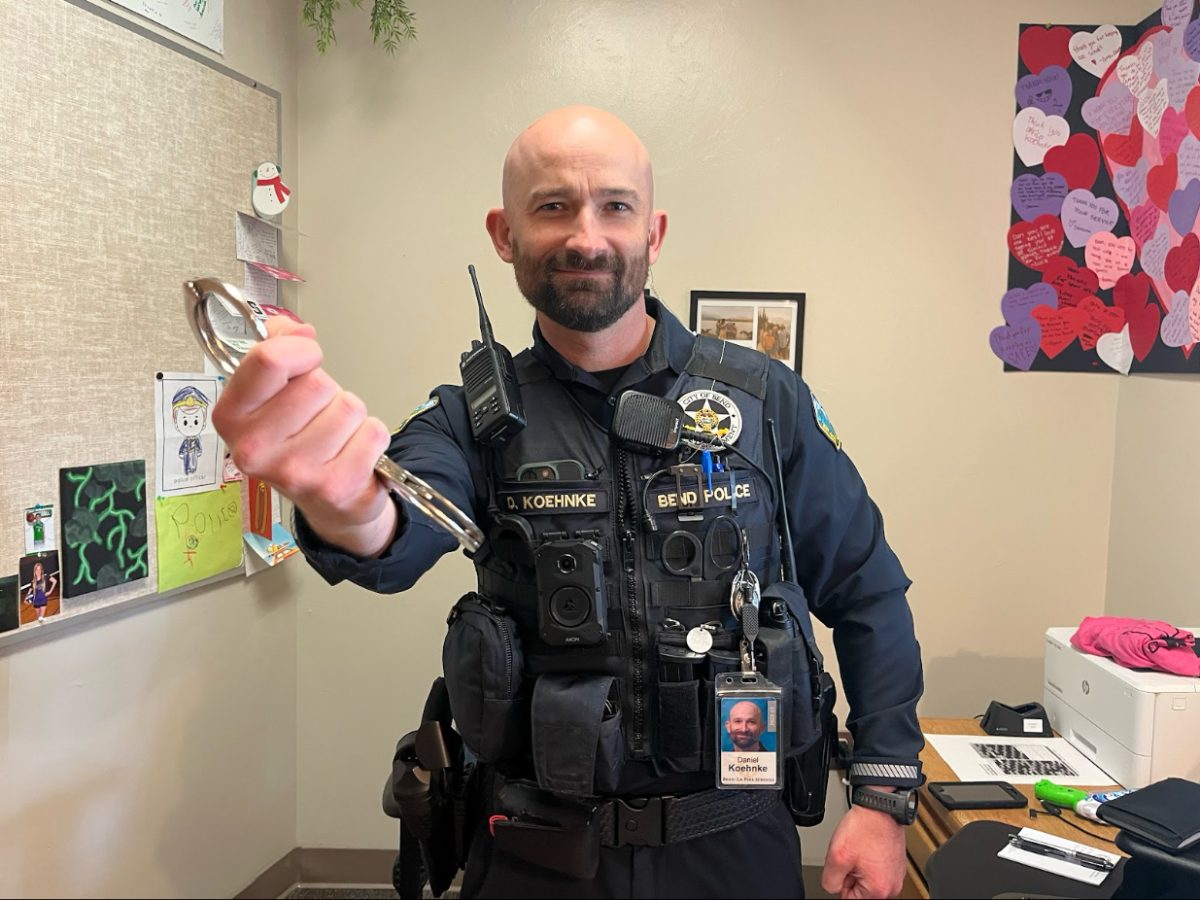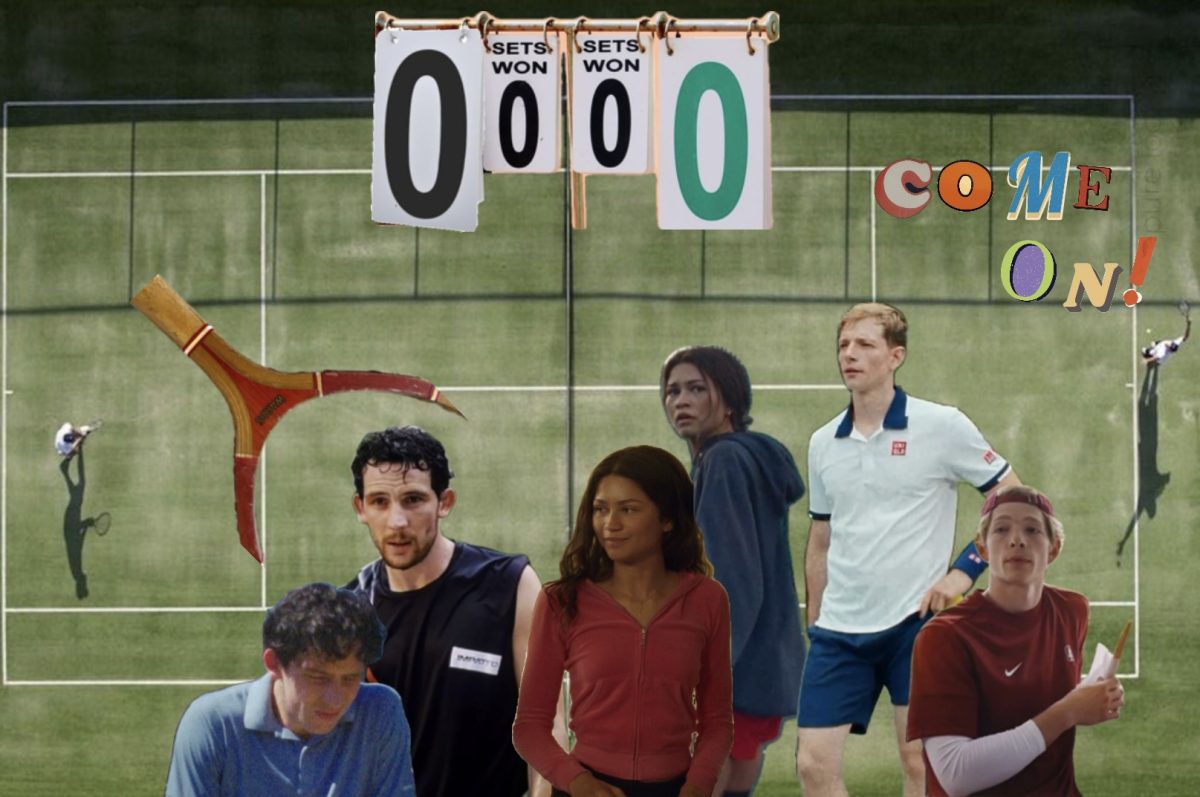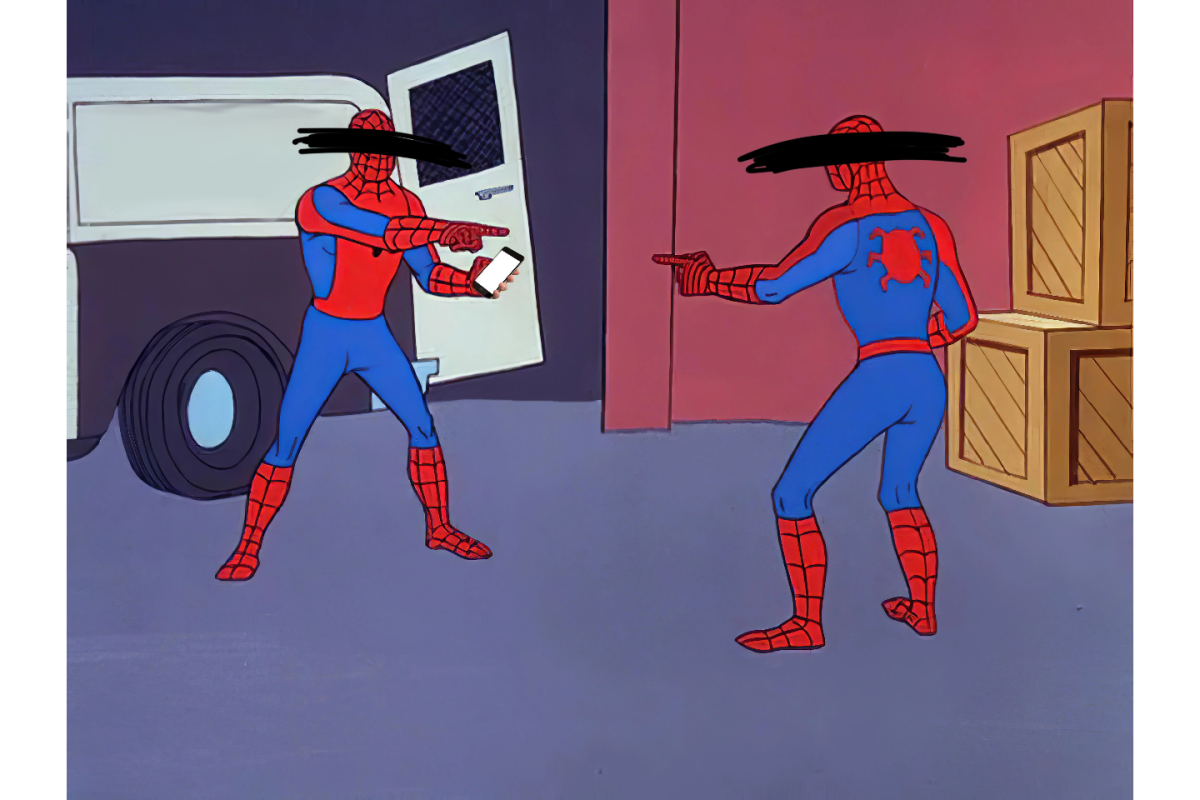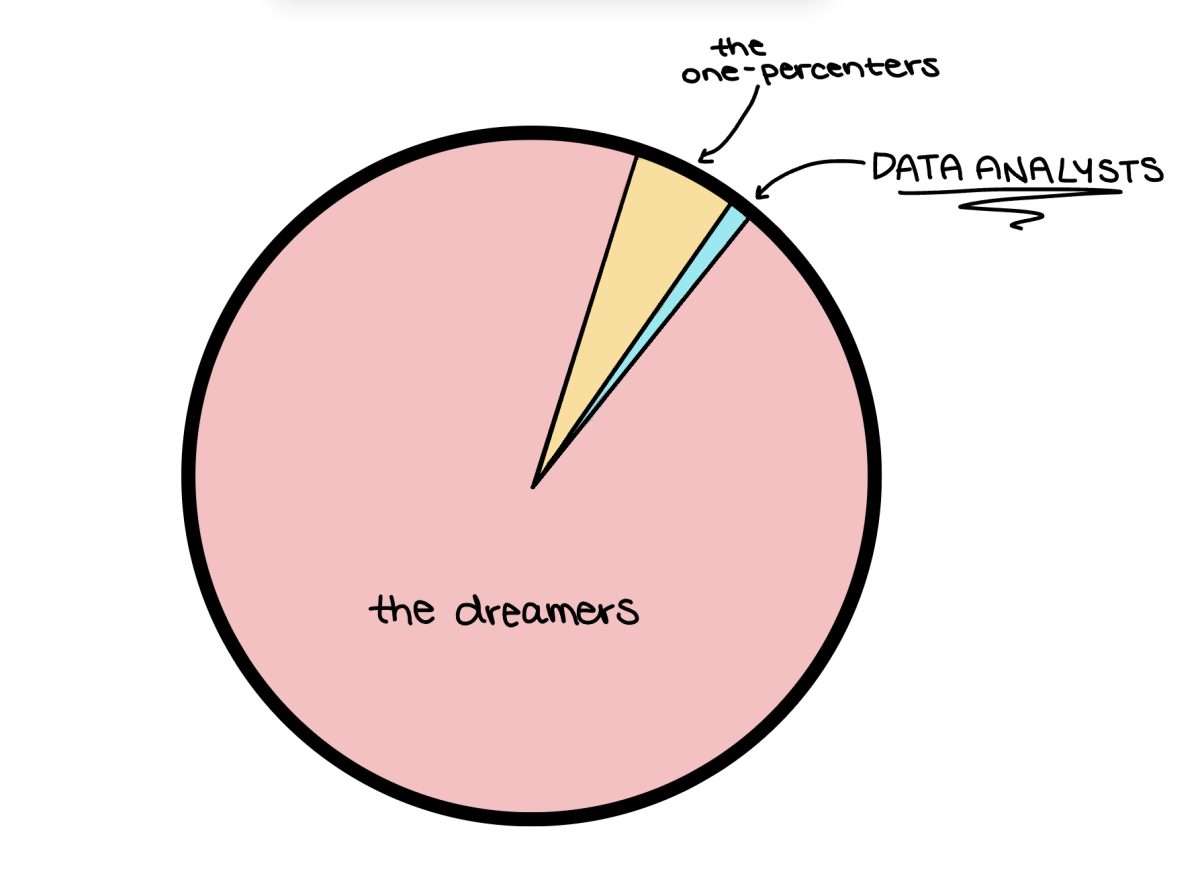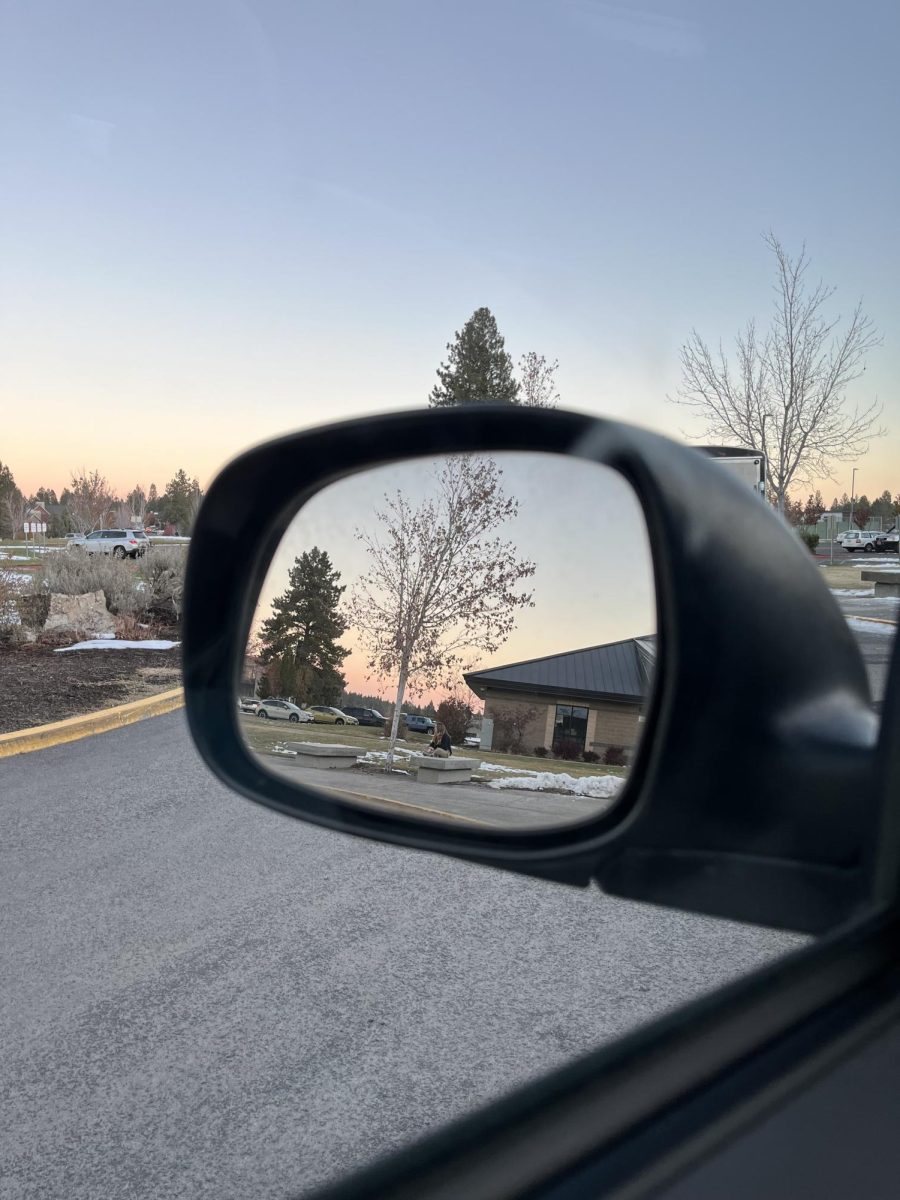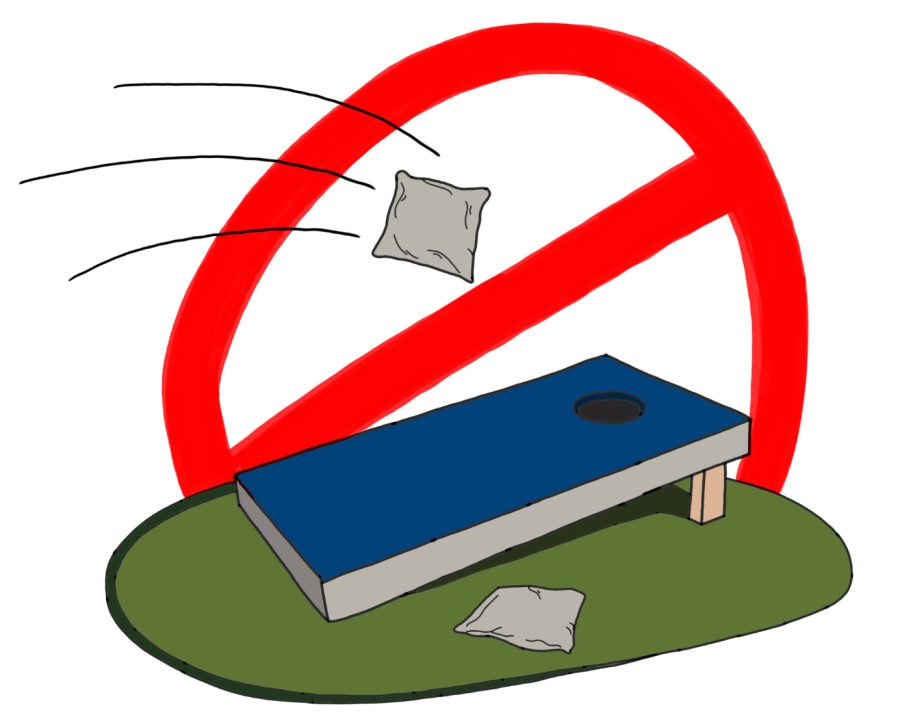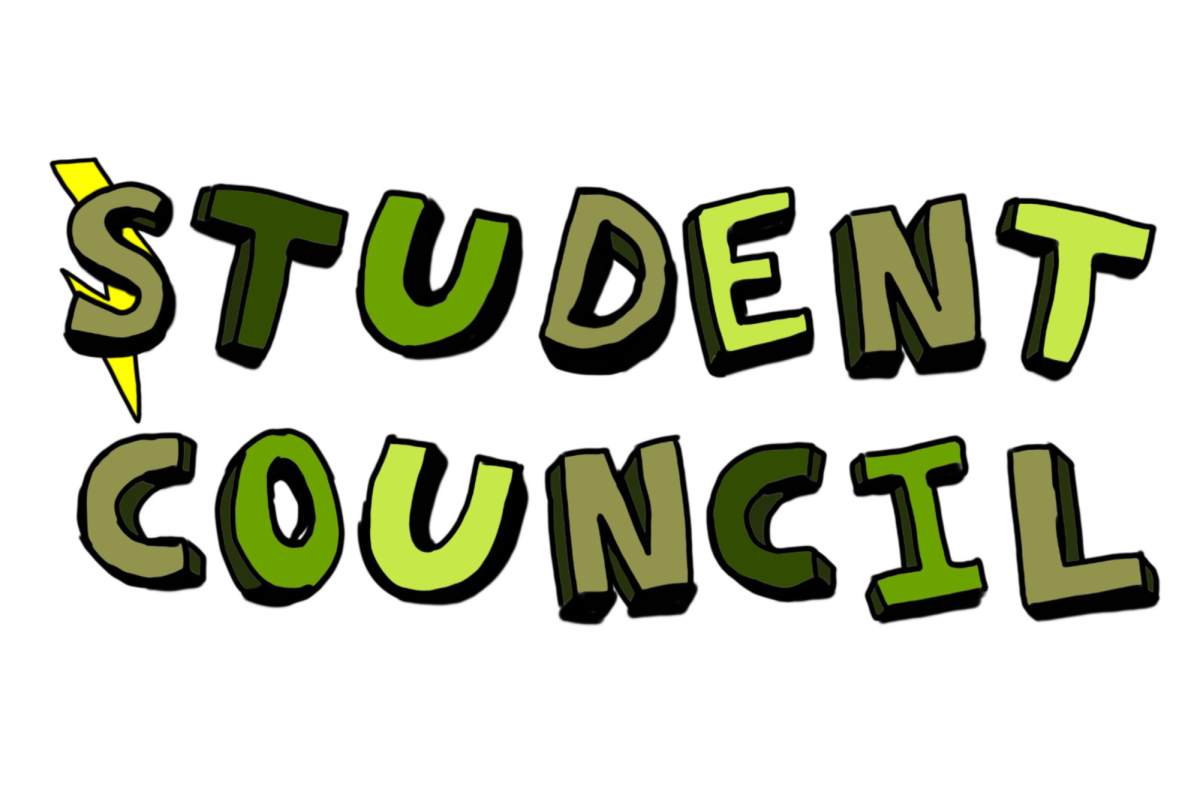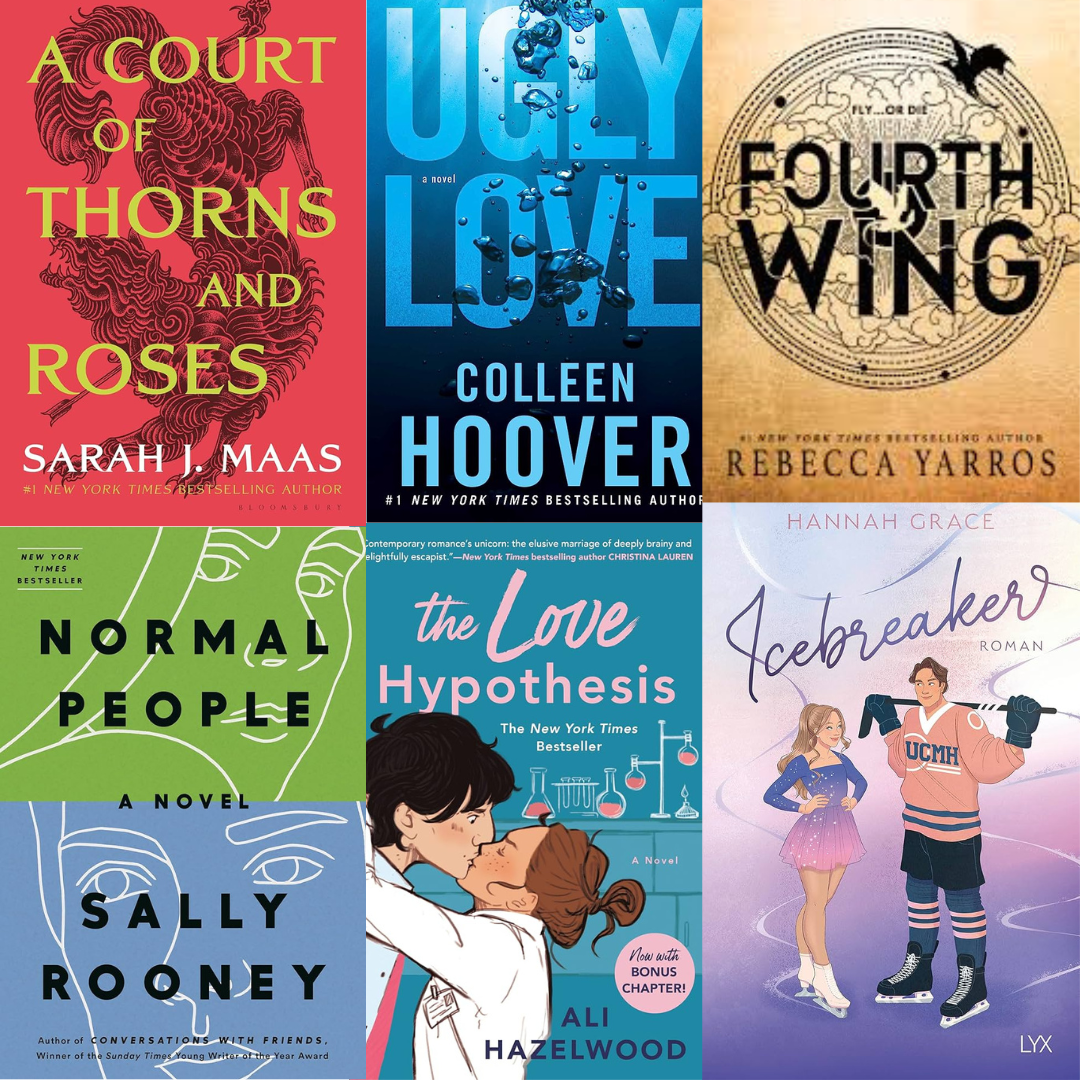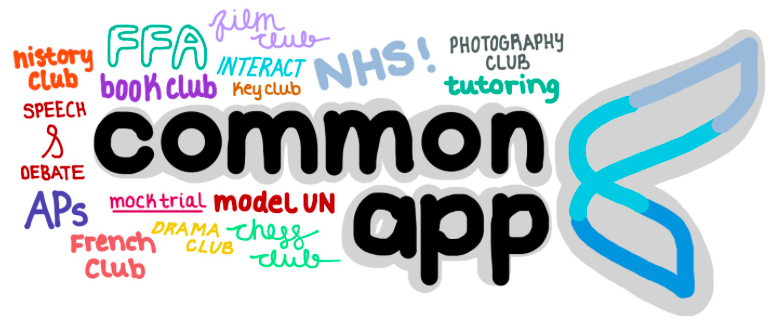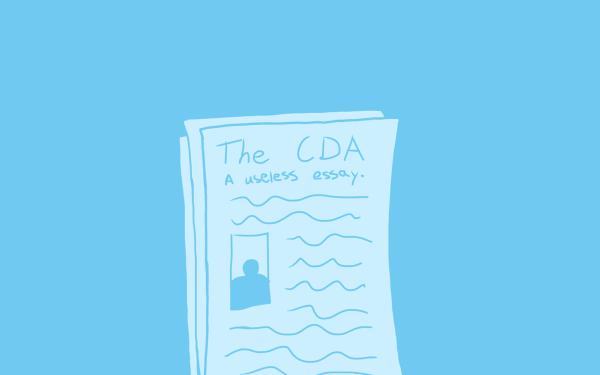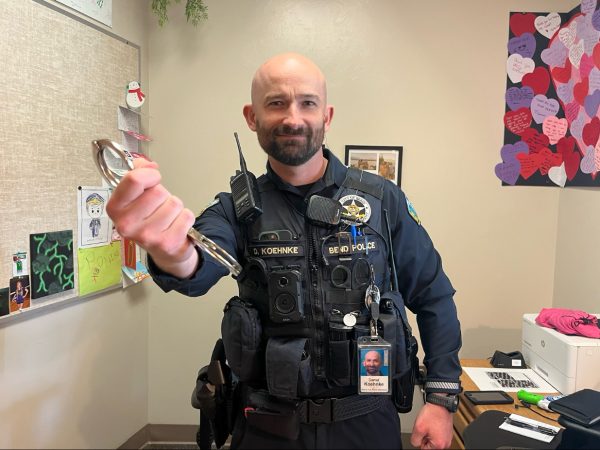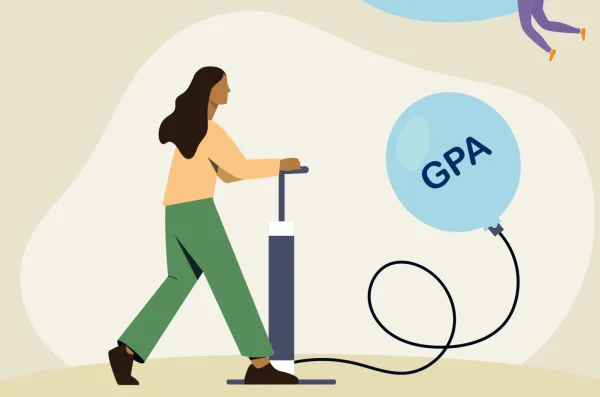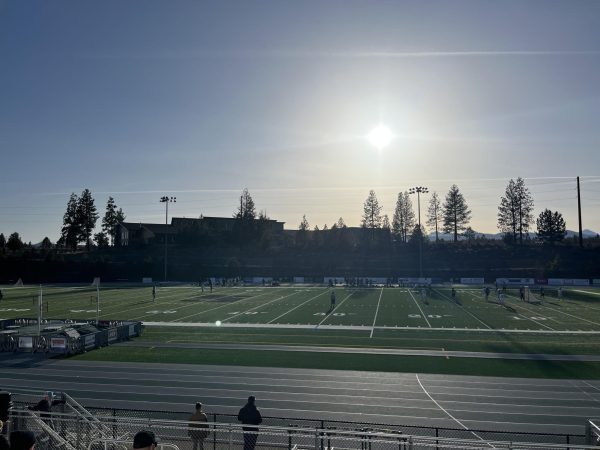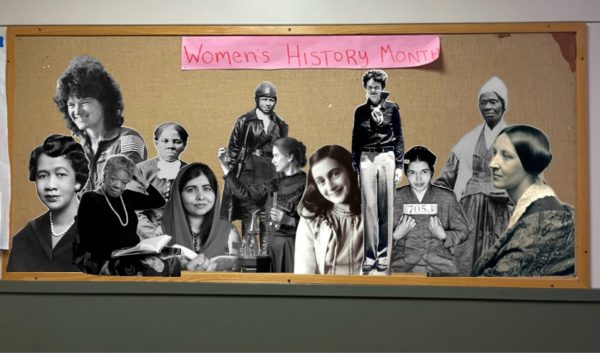Club Activities: For Passion or for Resume Padding?
February 16, 2021
With the surging tension of the college application season, many high school students feel compelled to stack their resumes with a top-notch GPA, unsurpassable standardized test scores and remarkable college essays. For decades these three pillars have carried the academic weight for college applicants across the country. But, increasingly, high-school students are expected to be well-rounded. Colleges and universities, moved by the idea of a more diverse population, want to see more from their applicants. Enter the now all-important extracurriculars.
Universities today devote a section of their application towards such activities, asking students to explain passion projects, club activities and sports they have participated in throughout their high school years. This “well-roundedness” that American colleges prize, however, often incentivizes highschool students to participate in extracurricular activities for the wrong reasons. Though some students still enjoy helping their community or furthering their interest in a certain subject, some club participants lack real passion and instead join solely for the purpose of padding their college application.
High achieving students are especially prone to falling victim to this warped concept of “well-roundedness.” An anonymous Summit senior boy, an Ivy-applicant, admitted to plunging into clubs solely for his college application.
“I have participated in clubs mostly for college admissions, but also some self-betterment,” he said. “We, as highschoolers, are strongly encouraged by teachers and peers to join as many extracurricular activities as we can to boost our resumes, which definitely perpetuates unrealistic standards for student involvement.”
These “unrealistic” expectations, when laid in the hands of developing teenagers, often leads to detrimental effects.
Honor roll students across the nation, including this anonymous Summit senior are groomed to place their self-worth into an inherently subjective process—college admittance. These intense standards, exalted by online platforms such as Reddit—where young individuals may discuss high school activities posted by other online members, continue to constitute unrealistic expectations for extracurricular involvement.
“I think that club involvement should definitely count towards the college admissions process, but the narrative definitely needs to change,” the senior boy said. “Instead of racking up meaningless club and volunteer hours, colleges should strive for meaningful involvement in the areas they’re passionate about.”
This heightened feeling of necessity towards extracurricular involvement not only takes a toll on students that desperately join clubs they are uninterested in, but also passionate students who work to advance their future career skills through involvement.
Jessica Orrell, an accomplished scholar and Summit junior has immersed herself in various clubs since freshman year. As a proud non-resume padder, her dedication to various clubs is intended to further her career-path options outside of academic studies.
“I participate in Interact Club, National Honors Society, Science National Honors Society, and Band Council,” Orrell said.
As a passionate member of multiple clubs , Orrell regularly sees students who, in an effort to appear more attractive to prospective colleges, put in minimum effort. While Orrell’s interest in the sciences drives her desire to pursue various extracurriculars, she noted a dramatic change in club environment as students have piled into meetings solely for the right to call themselves members.
“Throughout my experience in the club activities circuit, I have noticed that several club members don’t show a true moral drive,” Orrell said. “Some individuals definitely only attend for their college application, which makes it harder for students that really want to participate.”
Still, with competition for spots at top tier schools at an all-time high students readily admit to resume padding in order to boost their chances.
“I joined theatre for two years—definitely for college,” another anonymous Summit senior said. “I am glad I did it now, but looking back I definitely didn’t put as much effort into it as the second year progressed.”
While resume hungry students are useful for filling slots on the club sign-up sheet, surface-level involvement doesn’t translate to real-world skills or Ivy admittance.
“The activities themselves don’t do you any good unless you can explain why they’re important to you,” College counselor and lifelong educator Anne Sjogren said.
Increased competition for prestige from Harvard-level schools result in decreased acceptance rates as colleges learn to “sniff out” uninvolved applicants from the rest. According to The Business Student, “As evidenced by this analysis, in fact, the higher ranked the school, the more difficult admission is becoming. The highest tiered schools are now increasingly harder to get into, with the exclusive club of Harvard, Princeton, Yale and Stanford becoming even more exclusive.”
Akin to the claims made by the anonymous senior boy, high schools like Summit itself often pose a profligate need to participate in millions of activities at once. Validating students for participating in multiple clubs while balancing a multitude of AP classes is not only unnecessary, but dangerous to students’ mental health. Though gaining experience in various fields may prove beneficial, Sjogren urges students to be smarter with their time and interests, rather than stacking surface-level extracurricular involvement.
“It doesn’t have to be one particular twist of things that gets you noticed,” Sjogren said. “It’s how you present what you have and what you are passionate about to schools that is important.”
With an increased volume of students joining clubs nowadays, it is important to create alleys for the most stalwart students. Club leadership positions elicit a solution to non-fervent participation—while enabling morally driven students to collaborate in real-world like situations; they often aid college-pressured students to develop career-paths and instill eagerness for ethical community involvement.
Bruce Abernethy, club advisor for Summit’s Interact Club has worked with countless leading students on community impact initiatives.
“I would say people join leadership positions for the right reasons,” Abernethy said. “What I try to do is teach leading students a broader term of leadership, if students want to start a new committee, or step up to help organize an event, I let them.”
As college-driven students pile into extracurricular activities, it’s important for adult club leaders such as Abernethy to instill passion and drive within club members; relaying a lesson needed for students’ future careers. Helping leading students and club members recognize clubs for what they are: not solely building blocks for an ivy-league acceptance, but as outlets for community, with impacts expanding far beyond a bullet point on the Common app.
“We welcome individuals that are motivated by college applications, and our hope is that they begin to enjoy it and develop a moral drive towards Interact,” Abernethy said. “What I think is great about clubs is that anybody can join, you just need to put in the time.”
While extracurricular activities have provided students with lessons to dig a foothold for themselves in the real-world, the college application process has undoubtedly posed new motives for students to join high-school clubs. As weeping waves of juniors swarm into various club activities, struggling to stack their resumes with “demonstrated interests and passions,” it is undoubtedly true that the college admissions process has incentivized some students to join club activities for the wrong reasons.

